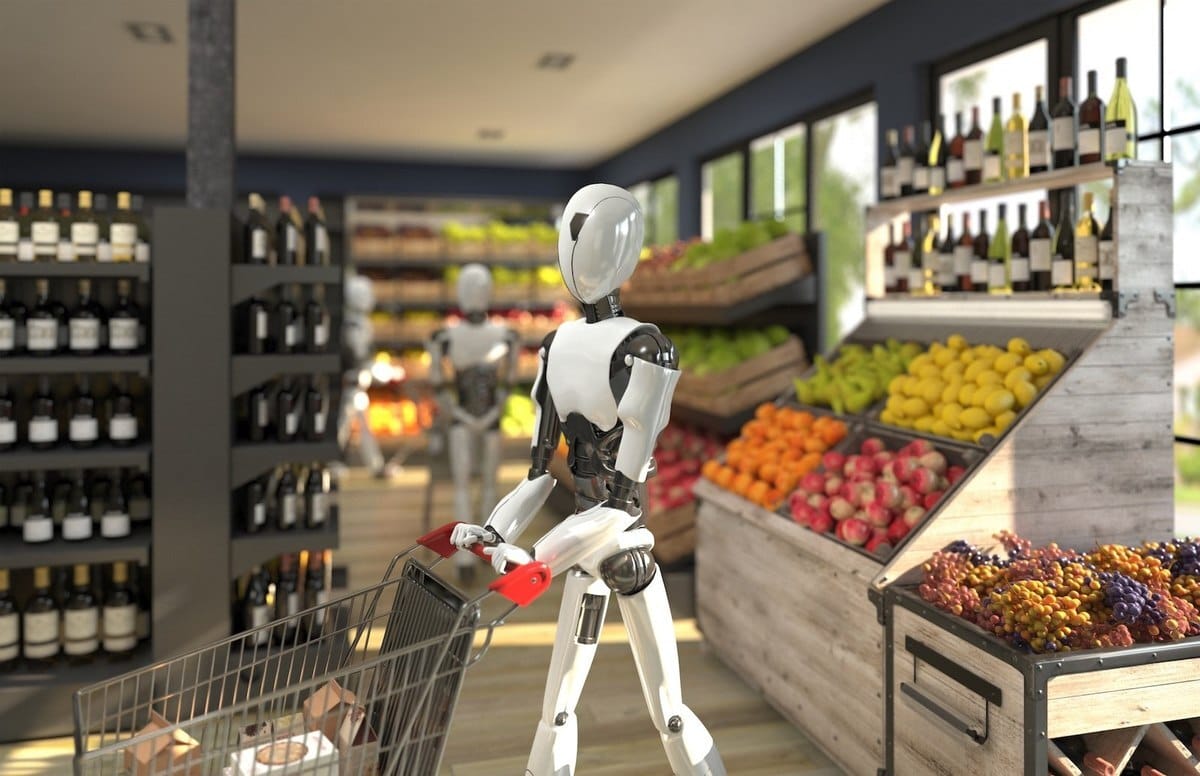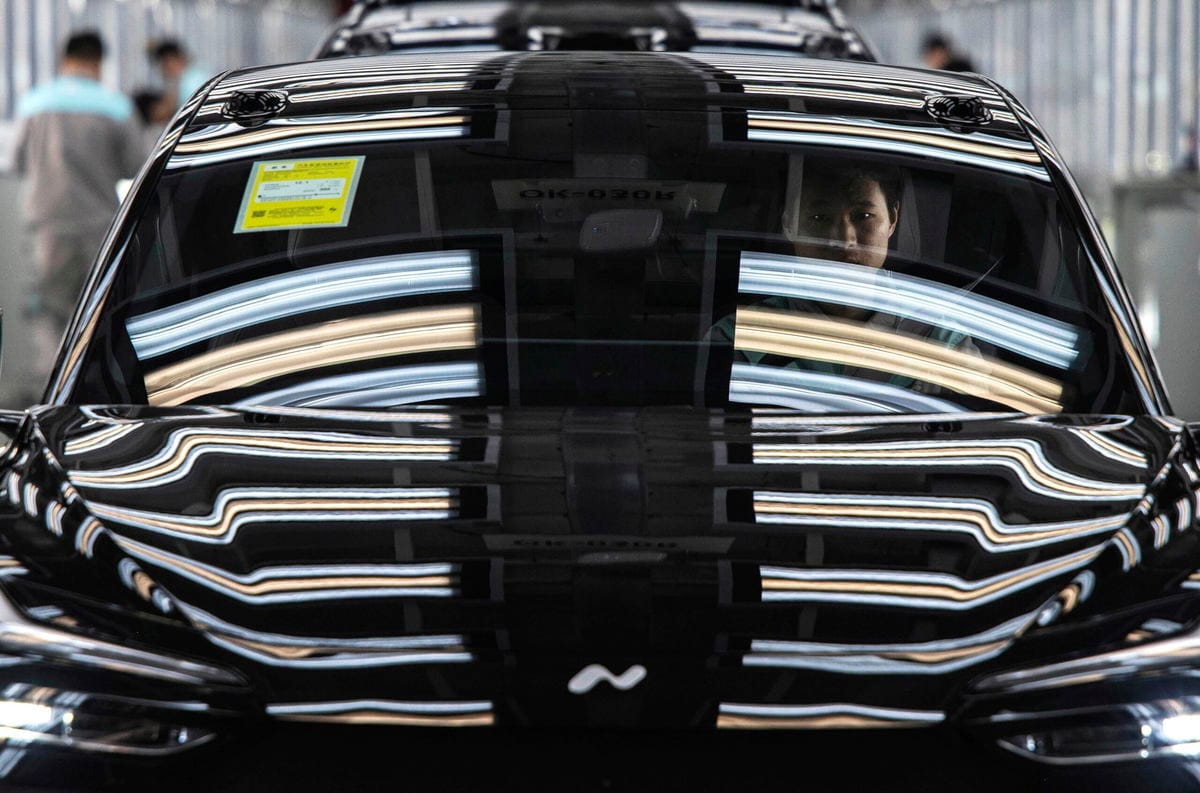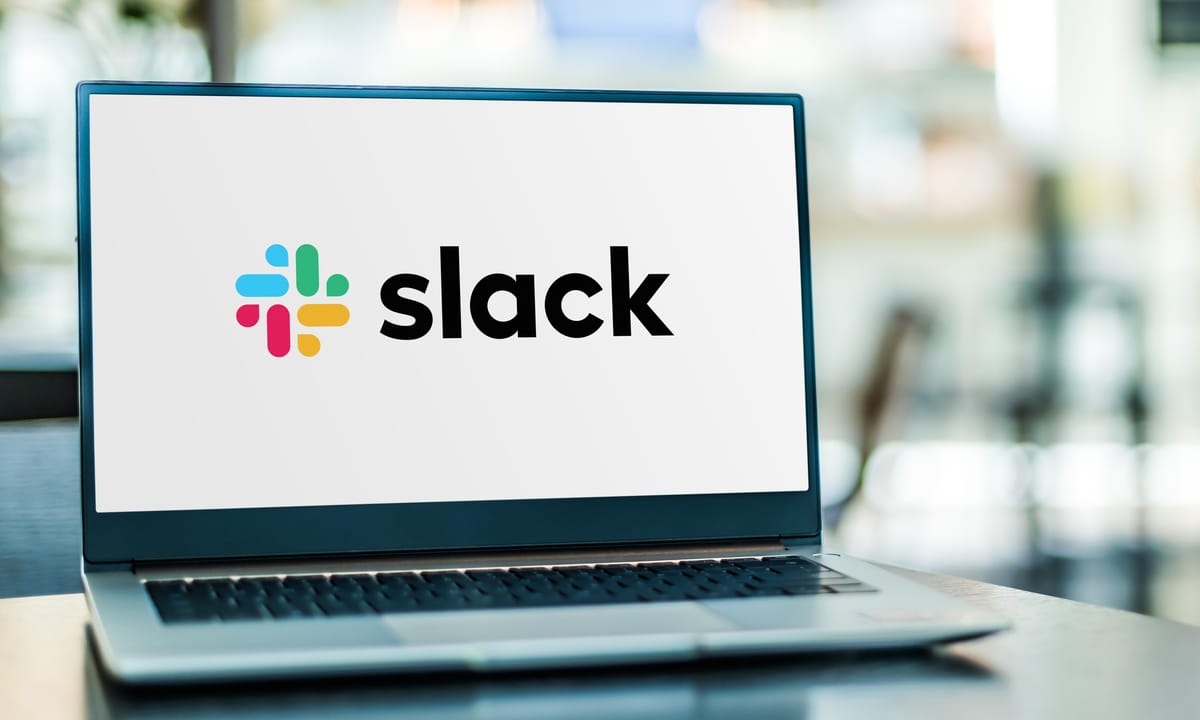- TECHSWU
- Posts
- TECHSWU
TECHSWU


Astronomers are buzzing with excitement over the discovery of interstellar comet 3I/ATLAS, the third such object ever identified in our solar system! First spotted on July 1, 2025, by a Chilean telescope, 3I/ATLAS boasts a hyperbolic orbit, confirming its visitor status from beyond our solar system. The European Southern Observatory's Very Large Telescope (VLT) captured stunning images of the comet on July 3, revealing a fuzzy white patch with a faint tail—a sure sign of its active cometary nature.
The comet is racing toward the Sun, set to make its closest approach to Earth in late October 2025, although it will temporarily vanish behind the Sun before reappearing in December.


AI shopping assistants are on the rise, yet many shoppers remain skeptical. A recent survey shows that while 43% of Americans know about these tech-savvy helpers, only 14% have actually tried using them.
Surprisingly, Gen Z and parents of young children are leading the charge, with 24% and 21% usage rates, respectively. The most sought-after features? Quick answers to product questions and finding the best deals.
However, a significant hurdle exists: trust. A staggering 41% of respondents express distrust in AI's shopping advice.
With privacy concerns and a preference for human interaction also weighing heavily, AI shopping assistants face an uphill battle. Yet, there’s potential for increased adoption, especially if they can prove their value in helping consumers make informed choices.
Retailers are encouraged to build trust and demonstrate reliability to win over cautious shoppers. As technology evolves, finding that balance could unlock a promising future for AI in retail.

Bill Gates and Steve Ballmer are teaming up for a groundbreaking initiative aimed at leveraging AI for social good! Together with a group of prominent backers, they are investing a staggering $1 billion over the next 15 years to create AI tools that support public defenders, social workers, and parole officers. The project, known as NextLadder Ventures, will fund innovators developing technologies designed to enhance economic mobility and improve lives—whether by connecting those in crisis to resources or streamlining case management for justice professionals.
Collaborating with AI company Anthropic, which is contributing $1.5 million annually, the initiative emphasizes the importance of inclusivity in its design and implementation.
Experts warn that while AI holds promise, it must be carefully governed to avoid worsening inequalities. This ambitious venture strives to ensure that AI serves as a helpful ally for frontline workers rather than a replacement.

China is flexing its tech muscle with new export restrictions on key electric vehicle (EV) battery technologies, aiming to tighten its grip on the burgeoning global EV market. This latest move follows similar controls on rare earth elements, underscoring China’s strategy to safeguard its economic interests amidst a brewing trade war with the U.
S. By adding crucial technologies for lithium processing and battery production to a control list, China is making it clear that technology exports will require government approval, stalling overseas expansion plans for its battery makers like CATL and BYD.
With a whopping 67% of the global EV battery market share, China’s decision sends ripples through the industry, raising questions about how foreign competitors will adapt. As the world races towards electrification, China's dominance in the EV battery sector illustrates the critical intersection of technology and geopolitics in shaping the future of transportation.

Slack is stepping up its game by introducing a powerful suite of AI tools for paid users, designed to enhance productivity and streamline workflows. With features like enterprise search, automated task management, and real-time translations, Slack aims to transform its platform from a basic communication tool into a comprehensive productivity powerhouse.
These AI functionalities integrate seamlessly into Slack's existing features, allowing users to efficiently summarize conversations, generate action items, and extract insights from various documents—all within the app. Additionally, Slack's integration with Salesforce enhances collaboration, paving the way for free users to access CRM channels.
As the demand for efficiency rises, these advanced capabilities help automate repetitive tasks, freeing up valuable time for users to focus on high-impact work. While the Business+ plan now costs $15, the added value in AI support makes it a worthwhile investment for teams looking to boost their productivity.

The medical exoskeleton market is on a remarkable upward trajectory, poised to expand from $1.09 billion in 2024 to an astounding $8.
93 billion by 2035, with a robust CAGR of 21.15%.
These innovative wearable robots are transforming rehabilitation for individuals with mobility challenges, significantly enhancing strength and facilitating gait training. Factors fueling this growth include advances in robotics, a rising prevalence of neurological disorders, and increasing demand for non-invasive solutions.
Key trends are emerging, such as AI integration for personalized therapy, the rise of soft exoskeletons for added comfort, and the popularity of tele-rehabilitation for remote supported therapy. However, high costs and regulatory hurdles remain significant challenges.
North America currently leads the way in this sector, benefiting from advanced infrastructure and R&D investments, while regions like Asia-Pacific are catching up rapidly. Overall, the future looks bright for medical exoskeletons as they continue to revolutionize mobility assistance and rehabilitation.

In a surprising twist, OpenAI has partnered with its rival Google, utilizing Google Cloud to power its AI systems including ChatGPT. This collaboration, revealed in a list of sub-processors on OpenAI’s website, comes as OpenAI faces significant infrastructure challenges and GPU shortages to meet the soaring demand for its services.
CEO Sam Altman had previously communicated these struggles, highlighting delays in new releases and slowdowns in service. By turning to Google—an industry giant with the necessary hardware and computing power—OpenAI aims to enhance performance and reliability for users.
This alliance underscores the reality that, despite their competitive narratives, major tech companies remain interconnected, relying on each other's resources to navigate the complex landscape of artificial intelligence. For users, this could mean a faster, more efficient ChatGPT experience in the future, even as the tech world grapples with power dynamics.